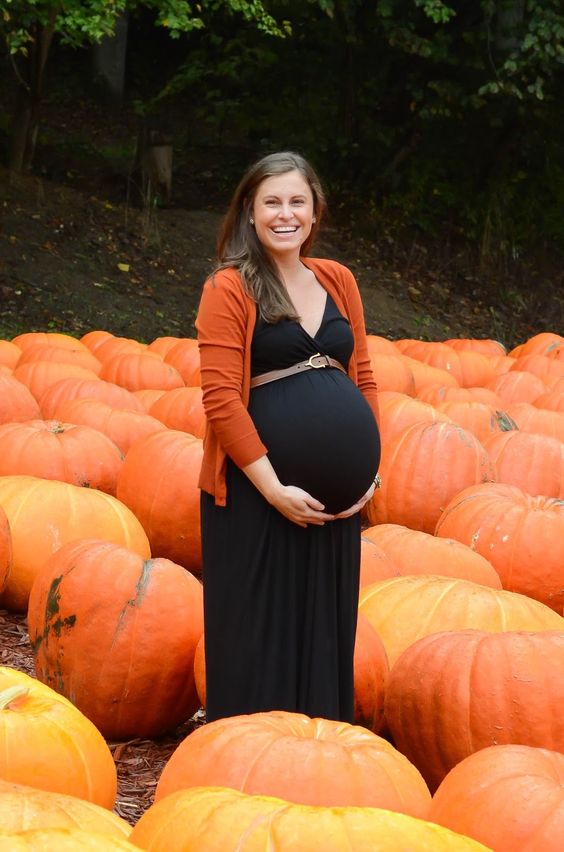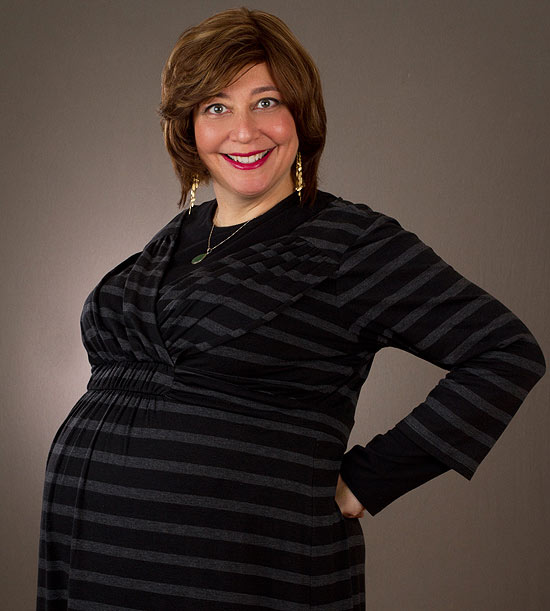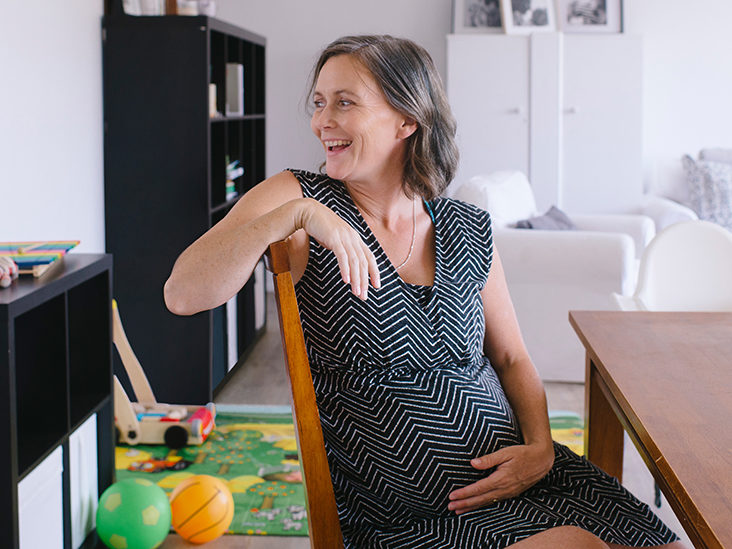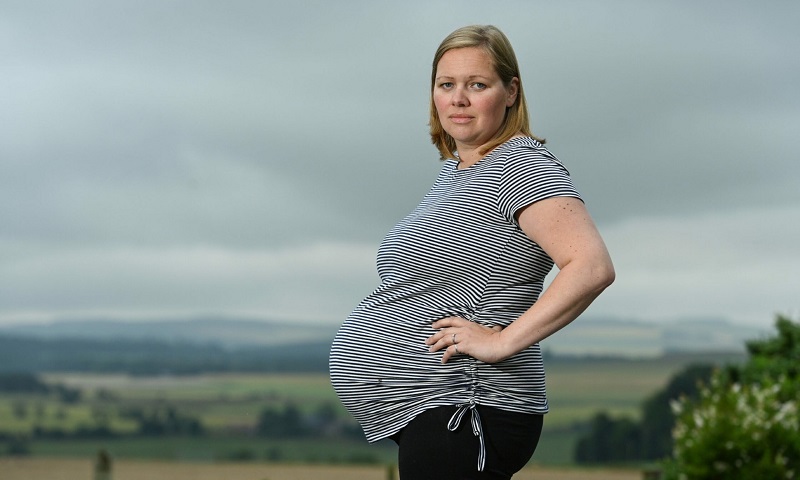Healthbeauty123.com – The term “geriatric pregnancy” is used to describe a woman who is older than 35 and expecting her first child. This type of pregnancy has its own set of risks, and the medical community has a better understanding of how to care for older, pregnant women. The medical community is using this term more often in the media because it is a popular way to talk about this type of pregnancy. Regardless of the reason for its use, there are many benefits to naming a baby after a woman’s age, and there are several ways to tell if a mother is getting too old for childbearing.
Older Woman’s Pregnancy
The term “geriatric pregnancy” refers to a pregnancy in a woman who is 35 years old or older and is having her first child. It is not uncommon for an older woman to conceive, and it is not uncommon for the woman to give birth to a child as an adult. While older women are more likely to experience complications during the pregnancy, these are not necessarily related to aging. In addition to these concerns, pregnancy in an older woman is associated with some genetic conditions that are more common in later life.
While geriatric pregnancy is outdated, it is still widely used today. Thanks to advances in medicine, it is safe to conceive and carry a child. However, some physicians and media outlets still use this term when referring to older pregnant women. Some experts believe that this term is offensive and unnecessary. If you’re considering pregnancy in an older woman, it is important to know what to expect during the pregnancy.

The term geriatric pregnancy was originally coined in the 1970s, but today it is more common than ever. In recent years, medical breakthroughs have made it safer and easier for women to carry a child. Although the medical field has adapted to this new reality, some media and physicians still use the phrase. One such physician is Lubna Pal, director of the Yale Menopause Program. She finds the term offensive and says that it is outdated.
Risk of Pregnancy in Old Age
The term geriatric pregnancy is outdated and is often used to refer to a woman who is over 35 and is pregnant for the first time. This is not a new term, but it was developed by doctors for the safety of pregnant women. As women age, the risks of becoming pregnant increase, but assisted reproductive technology makes this possible. There are many new ways to conceive after menopause, but the term geriatric pregnancy is still useful for a woman’s health and a family.
Despite the fact that there are many advantages of an older pregnancy, some women are worried and worried about their health. This is why a geriatric woman should seek medical help for her pregnancy. She will have more time to devote to the task and will be more comfortable with her baby. It will also be more likely to have an easier time giving birth. Unlike other older women, she is more prone to complications than younger ones.

In the United States, the term geriatric pregnancy refers to a woman who is over 35 and is pregnant for the first time. This term is still commonly used and is often an inappropriate term for this type of pregnancy. In some cases, a geriatric woman may even have a healthy baby, but if she doesn’t feel comfortable with her age, she should be referred to an older mother.
Geriatric Pregnancy Terms
The term geriatric pregnancy is not entirely helpful. The term geriatric pregnancy was coined by doctors to refer to women over 35 who have a child for the first time. The word geriatric term, on the other hand, has no meaning for a woman who is over 40. The American College of Obstetricians and Gynecologists defined it as a woman who is over 35 and is pregnant for the first time. It is an inappropriate term for a geriatric pregnancy.

The term geriatric pregnancy is a medical term that refers to an older woman who has not previously been pregnant. The term has been used in the media and by physicians for a long time. It was coined in the 1970s, but some media outlets and physicians still use this term today. Interestingly, some women are pregnant at an advanced age compared to a few years ago, making the term outdated.






